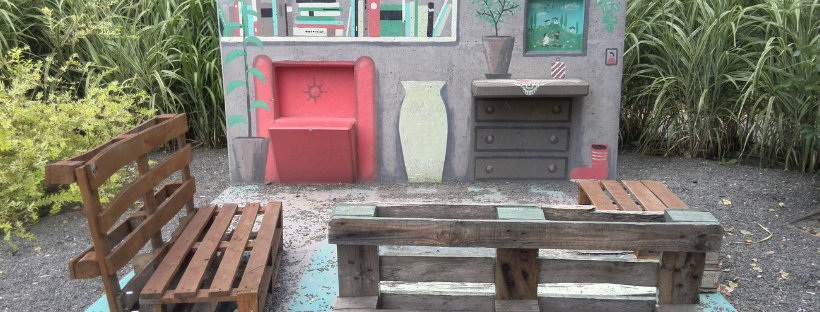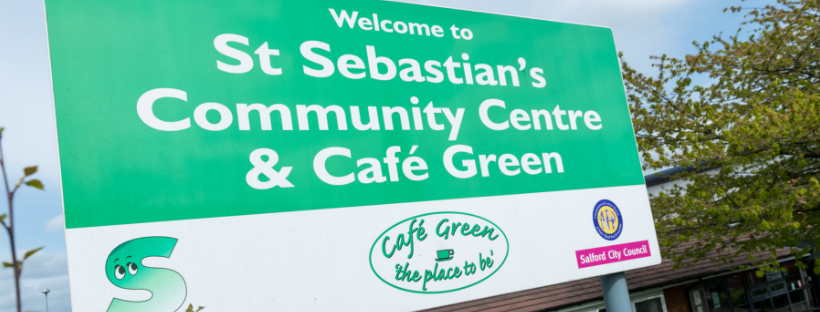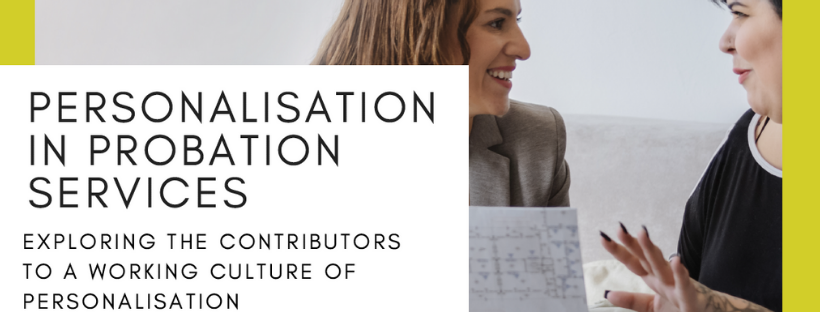DIGITAL TECHNOLOGIES IN OUR LIVES

Earlier this month we worked with education professionals from a set of Spanish universities to train them in Community Reporting methodologies as part of a 5-Day Erasmus+ funded project. This 5-Day programme provided the attendees with an introduction to Community Reporting and how it can be used to support the gathering, curating and mobilising of stories of lived experience. As part of the programme, participants took part in storytelling activities, developed digital skills, learned about story analysis and became Silver Members of the Institute of Community Reporters.
During the training, the participants focused on gathering stories about how education professionals used digital technologies and the roles they played in their lives. Using our dialogue interviewing methodology they collected 8 stories and analysed them using the ICR’s framework. From this, the group produced a short report and edited video based on the findings.
The project they are a part of is a learning exchange in which participants explore different digital practices and think about how this learning can support their work with older people. They will be producing a book (in English) on their learnings and our practice of Community Reporting will feature in it… so watch this space!
For now, anyone who speaks or reads Spanish, can download the report they produce during their training below or have a listen to the stories in their edited video here.



